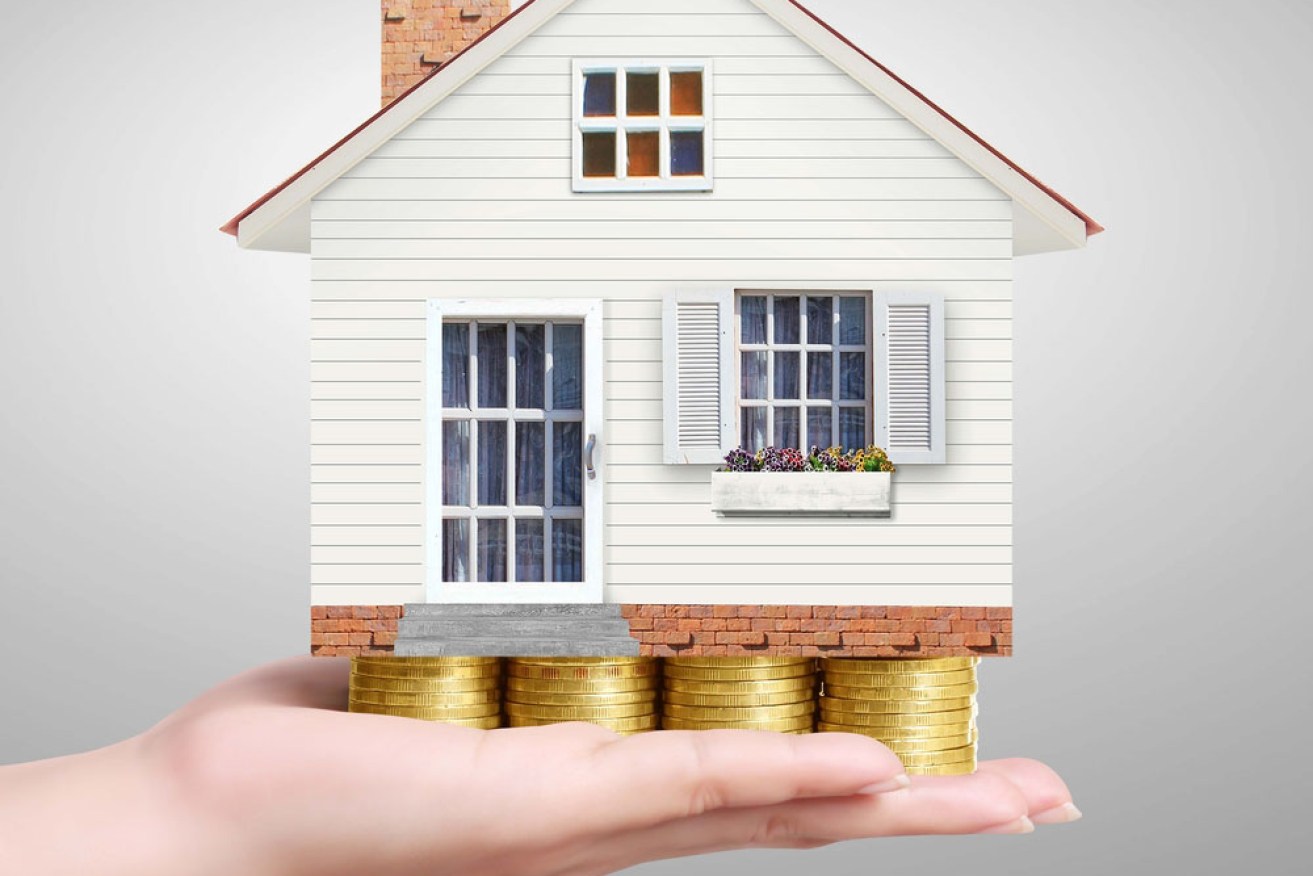Xmas financial hangover? Tips to get back on track


Shutterstock
It’s the debt headache most of us know all too well.
It comes after the debauchery of December’s warm nights when large quantities of alcohol replaced frugal fiscal policy and we lost track of how many presents were charged to that card with the eye-watering 19 per cent interest rate.
• Tips to help you balance the household budget
• Aussies stash billions for a rainy day
Come January the bills start to arrive and it becomes apparent we have overspent. In addition to the usual debts to deal with – our mortgage and maybe a car repayment – is a towering financial hangover from our Christmas and New Year’s excesses.
According to the Australian Financial Attitudes and Behaviour Tracker, released by ASIC in December, close to one-third of those surveyed find dealing with money “stressful” and “overwhelming”. So where to start?

Check your mortgage. Photo: Shutterstock
Mortgage check: are you paying too much?
Rates are extremely competitive at the moment and, according to the experts, if you are paying five per cent on your home loan you are paying too much.
“Interest rates are very low and it pays to phone your existing lender and ask them if they can match a lower rate in the market place,” says senior executive leader of ASIC’s MoneySmart, Miles Larbey.
“Even if they do not match the full rate, they may be able to lower your existing rate some way which can make a big difference.”
Mr Larbey suggests homeowners maintain the same repayment levels on their existing debts even as interest rates drop, and to factor in interest rate rises of up to two per cent before signing on for a new loan.
“If you are taking out a new loan make sure you don’t borrow too much,” he says.
Mr Larbey says those opting for interest-only mortgages need to make sure they are attacking the principal and not just paying off the interest.
Face up to your credit card
Don’t ignore them. That’s the advice from Finder.com.au money expert Michelle Hutchison, who says there are plenty of options for people who have maxed out their cards.
“Credit card interest rates remain very high but there are ways to ensure you never pay that interest,” Ms Hutchison says.

Try transfer your debt from one card to another. Photo: Shutterstock
She recommends transferring the credit card debt from one card to another, with many banks offering a zero per cent interest rate period of up to 16 months for these balance transfers.
“This means people will have 16 months to pay down their debt without paying a cent of interest,” she says.
“Conversely, if someone with an average of $6000 spread across two cards were to just pay the minimum amount on a credit card, with an average 17 per cent rate, it would take them 31 years and eight months and cost them $12,331 in interest.”
Hair of the dog
If you lack the self-discipline to pay off your credit card debt in the interest-free time frame, Ms Hutchison says taking out a personal loan (unsecured loan rates start at about nine per cent) could be a good option.
“People who cannot get a personal loan or a balance transfer may be able to put the debt on their home loan, which will take them a lot longer to pay off but will result in much smaller repayments,” Ms Hutchison notes.
The long-term prescription
Ms Hutchison argues that no matter what path you take to pay down your debt the key is to be focused and self-disciplined.
“Credit cards are a great tool and a great way to access money quickly, but you have to be disciplined to make them work for you,” she says.
“These strategies don’t work if you just keep racking up the debts.”
MoneySmart has a range of apps and calculators to help manage debts. Visit the website here.








